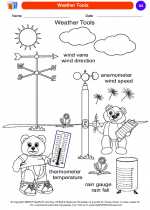Weather -> geological processes
Geological Processes
Geological processes are the natural processes that shape the Earth's surface and structure over time. These processes are responsible for the formation of landforms, rocks, minerals, and the continuous changes that occur on the Earth's surface. Understanding geological processes is important for understanding the Earth's history and the forces that continue to shape it.
Types of Geological Processes
There are several key geological processes that contribute to the shaping of the Earth's surface:
- Weathering and Erosion: Weathering is the process by which rocks and minerals are broken down into smaller pieces by natural elements such as water, wind, and temperature changes. Erosion is the movement of these weathered materials by water, wind, or ice.
- Volcanism: Volcanic activity, including the eruption of lava, ash, and gases, can create new landforms such as mountains, volcanic craters, and islands.
- Tectonic Processes: The movement of the Earth's tectonic plates can result in earthquakes, the formation of mountain ranges, and the opening of ocean basins.
- Sedimentation and Deposition: Sedimentation occurs when eroded materials settle out of the transporting medium, such as water or wind, and form layers over time. Deposition is the process of adding new sediment to existing landforms.
- Metamorphism: Metamorphic processes involve the alteration of rocks through heat, pressure, and chemical processes, resulting in the formation of new rocks and minerals.
Study Guide
When studying geological processes, it's important to understand the following key concepts:
- Identify and describe the different types of geological processes.
- Understand the role of geological processes in the formation of various landforms, such as mountains, valleys, and coastlines.
- Explain how geological processes contribute to the rock cycle and the formation of different types of rocks and minerals.
- Discuss the impact of geological processes on human activities, such as the formation of natural resources and the occurrence of natural hazards like earthquakes and volcanic eruptions.
- Explore the interconnected nature of geological processes and how they influence and shape the Earth's ecosystems.
By mastering these concepts, you will develop a solid understanding of geological processes and their significance in shaping the Earth's dynamic and ever-changing landscape.
.◂Science Worksheets and Study Guides Kindergarten. Weather

 Coloring Worksheet
Coloring Worksheet
 Coloring Worksheet
Coloring Worksheet
 Coloring Worksheet
Coloring Worksheet
 Coloring Worksheet
Coloring Worksheet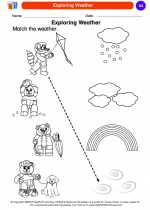
 Coloring Worksheet
Coloring Worksheet
 Coloring Worksheet
Coloring Worksheet
 Coloring Worksheet
Coloring Worksheet
 Coloring Worksheet
Coloring Worksheet
 Coloring Worksheet
Coloring Worksheet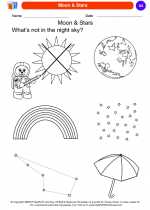
 Coloring Worksheet
Coloring Worksheet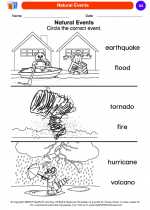
 Coloring Worksheet
Coloring Worksheet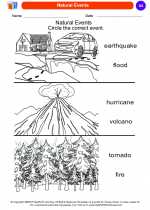
 Coloring Worksheet
Coloring Worksheet
 Coloring Worksheet
Coloring Worksheet
 Coloring Worksheet
Coloring Worksheet
 Coloring Worksheet
Coloring Worksheet
 Coloring Worksheet
Coloring Worksheet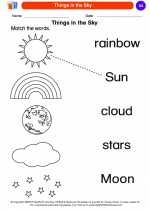
 Coloring Worksheet
Coloring Worksheet
 Coloring Worksheet
Coloring Worksheet
 Coloring Worksheet
Coloring Worksheet